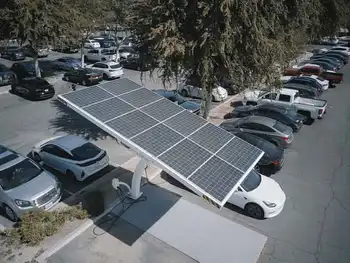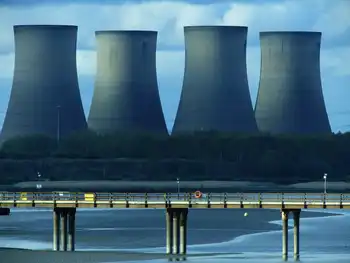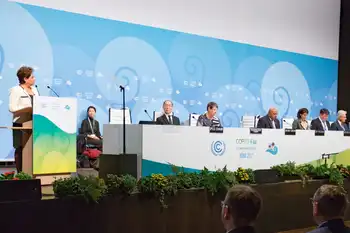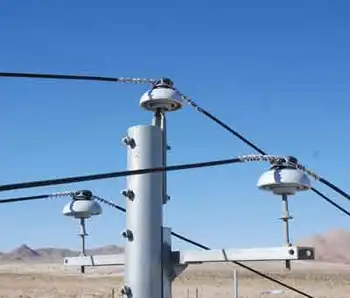Kansas wind power links not standard
KANSAS CITY, MISSOURI - Just how serious is Kansas about promoting wind energy?
Kansas has the second-best wind potential in the country, but advocates are increasingly concerned that the state is blowing a key reform that would make it easier for individuals, businesses and communities to produce wind power.
Over the years, a hodgepodge of requirements imposed by utilities has made hooking renewable-energy equipment, such as wind turbines, to the electric grid more difficult and expensive. States interested in boosting renewables have been replacing the mishmash with a simpler, easy-to-understand interconnection standard.
That appeared to be where Kansas was headed in a compromise overseen last year by Gov. Mark Parkinson. The plan included approval of a coal-fired power plant but also provisions to promote renewable energy, including making it easier to connect to the electric grid.
But many of the details were left for utility regulators to figure out later. And the Kansas Corporation Commission's staff has recommended leaving things up to each utility, rather than a uniform interconnection standard.
Although some thought Kansas City Power & Light supported the uniform standards, the utility says it agrees with the staff.
The staff recommendation was an unwelcome surprise to advocates.
"We're really taken aback," said Maril Hazlett, associate director of the Climate and Energy Project, a group based in Lawrence that promotes sustainable energy.
The dispute comes as Kansas struggles to regain traction in wind energy. Although it has more potential wind energy than any state except Texas, Kansas fell from 11th to 14th in a recent ranking of the states' actual installed wind-generating capacity.
In contrast, Iowa — with far less potential than Kansas — is No. 2 in installed wind power. It is adopting interconnection standards and has aggressive requirements for how much renewable energy has to be produced in the state.
The amount of wind energy that could be produced by independent operators such as businesses and towns is small compared with utility-scale wind farms, but some states such as Minnesota are encouraging more of it.
The KCC will have a hearing about interconnection this month.
There has already been some fallout, with at least one company saying it has shelved plans for Kansas because of the mixed signals from regulators.
NexGen Energy, a Colorado company that installs wind turbines and then sells the power to such entities as towns and schools, said it intended to do business in Kansas but decided to concentrate on markets that already have better interconnection rules, such as Ohio.
"We'd like to be working in Kansas. It's just a shame," said Ted Rose, a vice president for NexGen.
Parkinson's office declined to comment on the staff recommendation and deferred to the KCC, which did not respond to a telephone message.
Before the filing that revealed the staff's position, most interested parties thought there was general agreement to adopt the model standards — especially because Kansas passed the Net Metering and Easy Connect Act last year.
Jim Ludwig, an executive vice president for Westar Energy, the state's largest electric utility, said Westar didn't object to being under uniform standards.
But KCP&L, the second-largest utility in the state, said recently that it did object.
"We believe system requirements are best decided at the utility level," said Katie McDonald, a KCP&L spokeswoman.
The utility said it needed flexibility, such as being able to require different equipment that could be needed for rural and urban connections.
Related News

Greening Ontario's electricity grid would cost $400 billion: report
TORONTO - Ontario will need to spend $400 billion over the next 25 years in order to decarbonize the electricity grid, according to a new report by the province’s electricity system manager that’s now being considered by the Ford government.
The Independent System Electricity Operator (IESO) was tasked with laying out a path to reducing Ontario’s reliance on natural gas for electricity generation and what it would take to decarbonize the entire electricity grid by 2050.
Meeting the goal, the IESO concluded, will require an “aggressive” approach of doubling the electricity capacity in Ontario over the next two-and-a-half decades — from 42,000…




